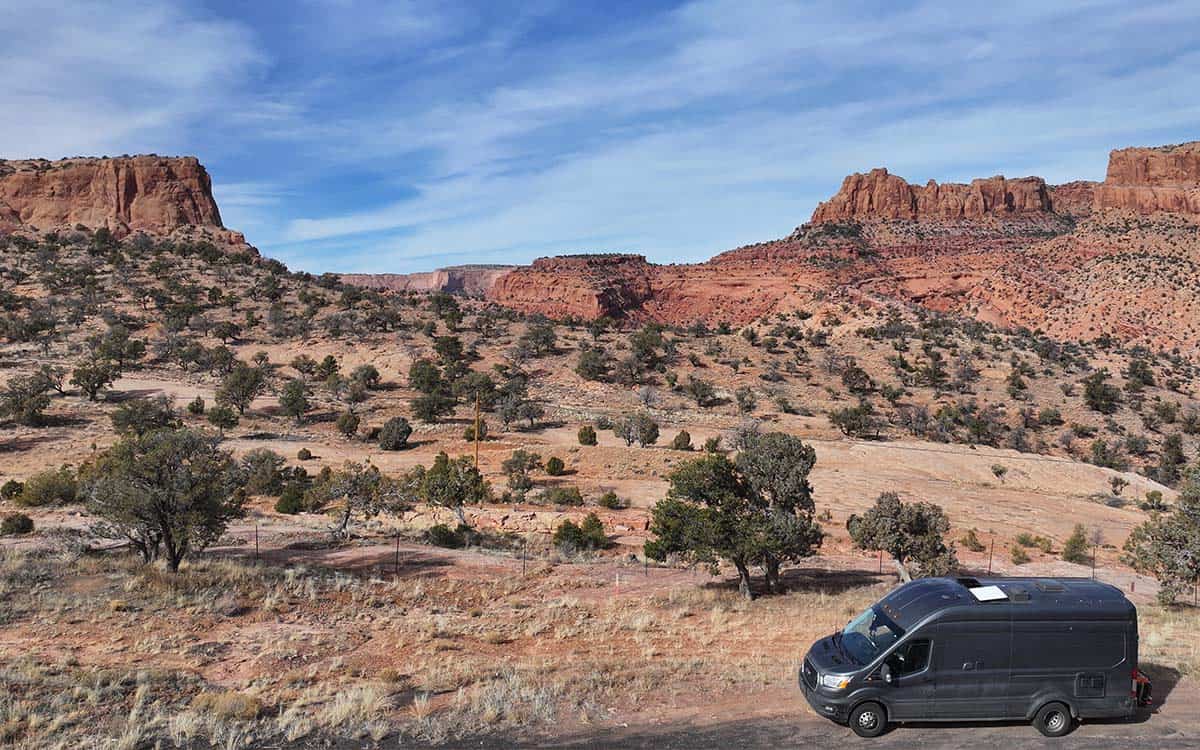
Roadmap to Success: How a Drone Pilot Created a Six-Figure Income Through the Value of Reality Data Capture
Kevin Perberg is a traveler on the open road, spending his days navigating the countryside and his nights sleeping under the stars. From mountainous landscapes to beachy backdrops, Perberg is on the journey of a lifetime, and he’s making money while doing it.
Perberg is a drone pilot, accepting missions and jobs from coast to coast. We met Perberg a few months back when we looked behind the scenes at his #vanlife. His built-out Armada was the focus of our introduction – a customized, mobile office with enough room for Perberg to travel for work.
Perberg is an anomaly. His passion for adventure and continuous exploration into the world of technology set him a part from most drone pilots. His background in audio, web development and entrepreneurship are the backbone of his unique story, but determination, self awareness and the willingness to learn are the foundations of his success.
We caught up with Perberg again to see how his 2023 journey ended. He shared his surprising income and the mindset it took to achieve it. Though his story is atypical of a conventional drone pilot, there is much to learn and self-awareness to gain to succeed as a full-time drone pilot.
When we spoke with Perberg, he was between daytime and evening thermal flights at a Home Depot in Amarillo, Texas. After a few exchanges of pleasantries and a recap of the FlyGuys’ Christmas party, we got right into it.

Tell us about your year traveling the country as a drone pilot.
It was an adventure! I purchased and built out my new Transit rig, an upgrade from the Armada. It’s more spacious and easier to travel in. I also brought my son along on some of my trips, so that was a real highlight of my year. I traveled for jobs in 26 states, from California to Oklahoma to Florida and everywhere in between.
How do you secure jobs from state-to-state?
I have cultivated a strong relationship with FlyGuys, which is where the majority of my work comes from. I accept jobs according to where I am and where I am going to be in the next few weeks. I also stay connected with local companies near my home that require out-of-state data gathering. That has opened up opportunities for me as a data collector.
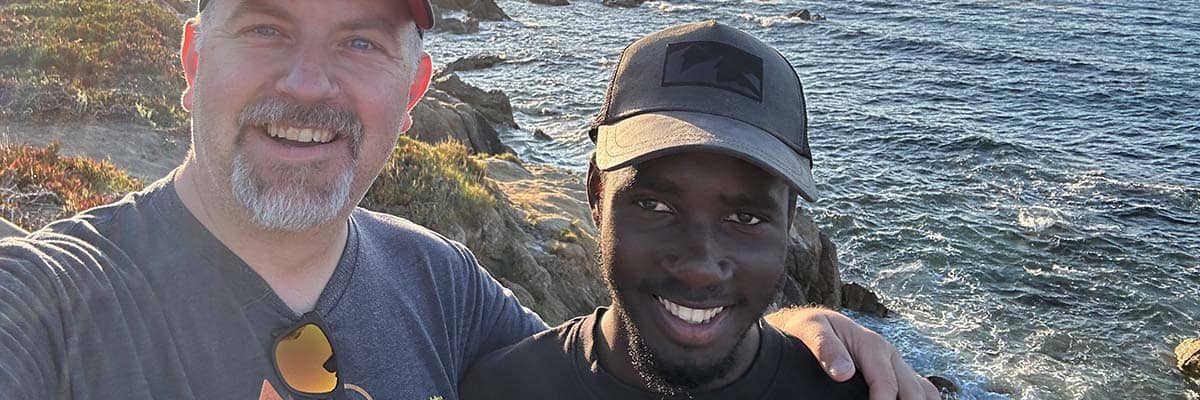
How many jobs have you completed?
Around 350.
Wow! That’s a lot of jobs! How do you manage that many jobs, especially with different state regulations?
Planning and being prepared is crucial. I use Google Sheets to calculate travel time, geo-map job locations, and manage scheduling logistics. I plug in each job that comes up and realistically plan how long it will take to get to the site. I factor in the weather and driving conditions. I also look at the type of data to be collected and what sort of regulations I would have to follow. Time is a huge factor when on the road. If it takes longer to get somewhere, is it worth it? Will regulations onsite hold me up from completing the job?
I follow processes that save me time. For instance, I know exactly what data I am going to collect and where I am delivering it, and I have folders for each type of data so I can quickly upload and send it off, leaving more time for the next job.
How do you price out jobs from state to state to ensure they are worth your time?
A typical baseline for a simple job is $100 per hour. As you gain more experience, you can raise that baseline. This is because the time it takes to complete a job and the value you bring with experience isn’t always proportional. For example, an experienced drone pilot may take less time to get a job done, but that doesn’t mean he or she should be paid less. You have to understand the value you bring to the data seeker and know your own value and skill level as a data collector. This will enable you to determine a price point.
There are other factors to consider when determining the price of your service. Where do you live? What is your lifestyle? Do you have a family to support? To support my family and run my house, I set a minimum range of $500 to $1000 per day. To be willing to take a job, I weigh all the aspects involved – travel time, equipment set-up time, etc. You also have to remember that when you collect data on your own, it is up to you to invoice the client. And then follow up with the client.
One of the easiest ways to establish your services as a data collector is through a third party like FlyGuys. Although I still need to make sure the job is worth my time, they handle all the front and back-end work for me. They secure the job, deliver the data, invoice, and contact the client. I just collect the data and move on to the next job, receiving a paycheck every two weeks.
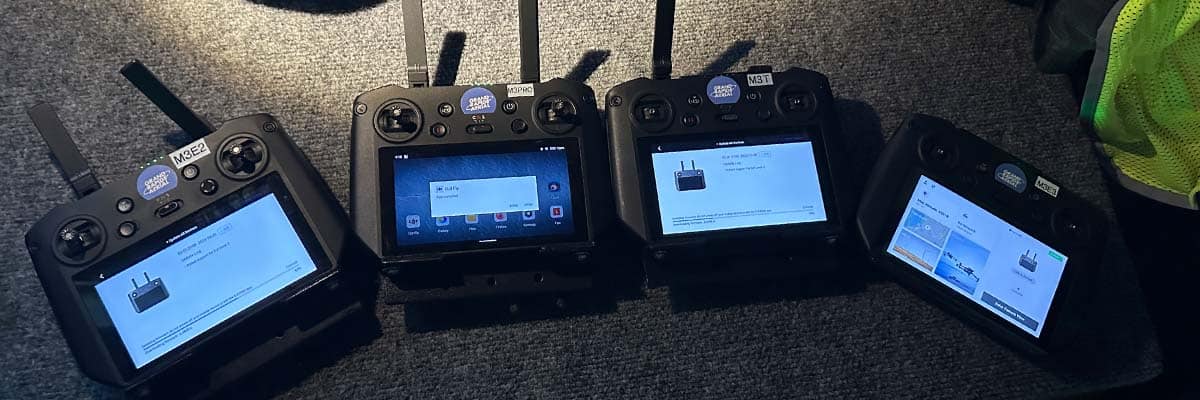
What challenges have you encountered along the way?
Mostly restricted airspace that requires time and coordination with the FAA via waivers. And the occasional client with a short timeline that doesn’t allow the necessary planning and compliance to be put in place.
(He pauses)
And, of course, every region has the occasional aggressive bird and individual who doesn’t like drones being around them or their property because they have various fears or preferences about what should be in the air around them (I could tell he says this with a grin).
What types of jobs do you accept?
More in-demand and stable jobs include mapping, thermal, pre-construction site surveys, progress monitoring, and cell tower inspections.
However, through my travels, I have picked up some creative work. I know the basics of flying FPV so that opened opportunities for me to fly race track events and even music videos. Having the basic knowledge of flying all sorts of jobs and the willingness to do it is how I can make a decent living as a drone pilot.
Ok, so that brings us to the question. What did you make as a full-time, traveling drone pilot in 2023?
I made a little over $150k.
That’s impressive. Besides traveling to accept more jobs than a typical drone pilot, what do you contribute this amount to?
There are many factors to consider, but one of the most significant is that I understand the value of what I provide for clients who need it. It’s not just about accepting a job to fly a drone. I collect data that can improve processes, help make informed decisions, and increase the company’s bottom line. I understand the data. I know what makes an effective data set, what it will be used for, and why.
I am also an avid learner. Just knowing how to fly a drone to accept a job isn’t enough. I keep up with industry changes daily. I follow drone channels and experts in the field. I watch training videos to enhance my craft every day.
To succeed in this industry, you must be a Swiss Army knife. You need a broad range of knowledge in many different techniques and a wide variety of skills.
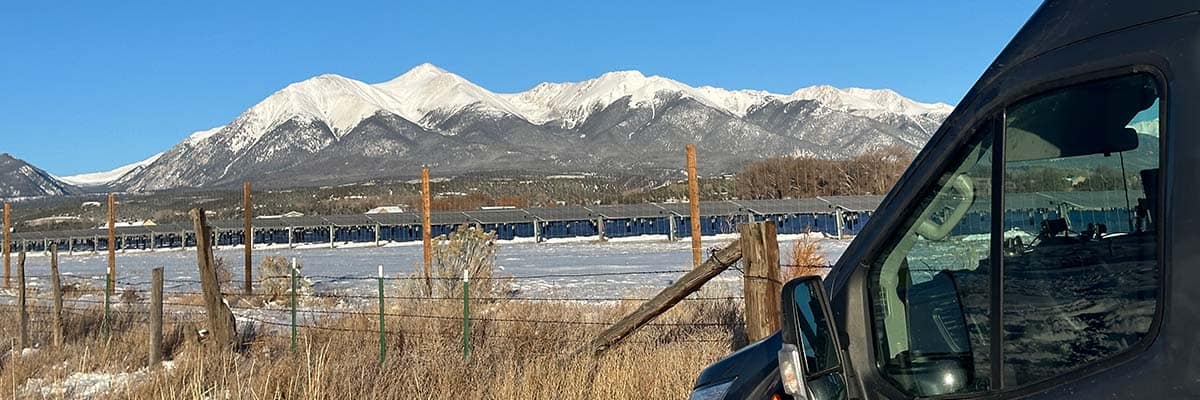
Are there specific certifications or qualifications that have contributed to your success as a drone pilot?
As I mentioned, I love to learn and keep up with industry news and best practices. Drone U has extensive resources to learn different techniques and tips. I scour YouTube for videos by other pilots to learn their tips and tricks. There are so many free resources, but I have also invested in specific pieces of training for more in-depth knowledge.
What equipment do you recommend drone pilots purchase to earn more jobs and income?
It’s not a one-size-fits-all answer. It depends on the type of work you plan to do. If you want to accept more technical work, like mapping or cell tower inspections, the Mav 3 Enterprise or Mav 3 Thermal are more suitable. The M300 or M350 drone is ideal for LiDAR. For creative, less commercial jobs, the Mav 3 Pro or the Mav 3 Mini are solid choices.
If you want to diversify your portfolio and skill set, Matterport Pro 3 is great for ground capture. Many customers need both ground and aerial capture, so this opens up job opportunities.
What is your advice for a drone pilot who wants to make this a full-time job but can’t travel as frequently as you do?
Think about your background. What industry do you come from, and do they need data collection? Start there and build relationships. Offer your services to every local company in the industry. Expand into other industries that need the same service. Continuously strengthen your portfolio and skill set so you can add more data-collecting solutions to these clients. Learn a highly specialized technique, like LiDAR, which can maximize your profits.

Are there any tips you would like to share with pilots who want to travel for jobs?
If you are willing to travel, you will have more job opportunities. I would highly recommend diversifying your skill set so that you can accept more jobs. I would also suggest building relationships locally with companies with branches across the country. This could open up more work for you, and you can charge more for travel costs.
With that said, remember that traveling costs money, so you want to be cognizant and prepared to reduce travel expenses. Stopping for lunch and dinner takes time and money. Hotel rooms get pricey. Find a way to minimize these expenses. Pack an ice chest of food. Sleep at rest stops or camp out.
(Check out our previous blog with Perberg and his tips and tricks for saving time and money when traveling. #Vanlife)
I like to stay focused for short bursts of time – travel to jobs for three weeks at a time, then return home for a couple of weeks. To maximize your profits from jobs instead of spending all your time and money traveling to them, you need to prepare in advance.
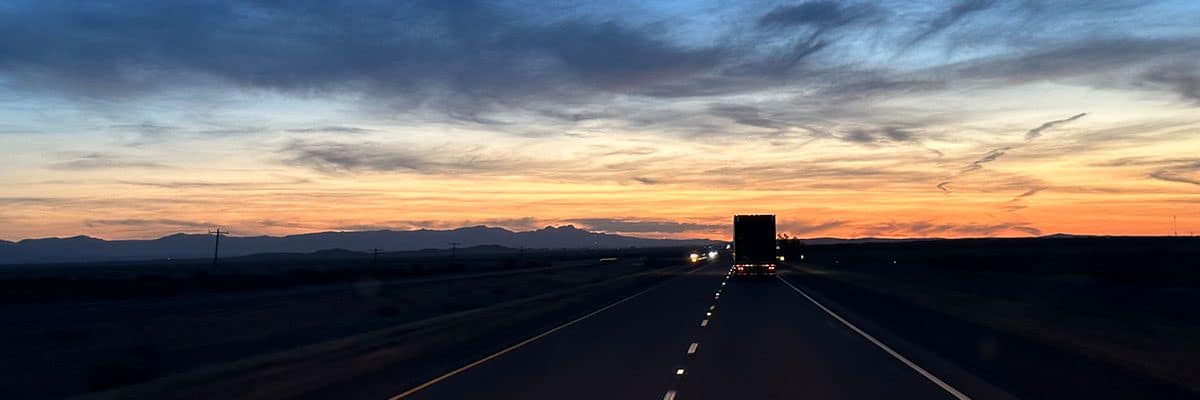
Tell us the secret to being a successful drone pilot in 2024.
To succeed in the drone industry, you must have a diverse skill set. And not just in the tech sense. Communication skills, administrative skills, and hitting deadlines – all of these traits are so imperative to work in this industry. You also need to accept change regularly and be willing to keep up. The way of doing something today may change tomorrow, so you have to be able to pivot.
Have an understanding of the marketplace. A lot of people get into drone piloting because it’s cool. But the industry isn’t even really about drones. It’s about data capture, and you are a data collector. That is what matters for clients seeking drone pilots. So, to be a serious and successful drone pilot, you need to be aware of the value the data you are collecting serves.
There could be new technology better than drones in the future, so are you willing to keep up? Are you willing to stay valuable?
An Anomaly
As our conversation ended because Perberg had another thermal job to get to, I reflected on his message.
Perberg is an anomaly. His passion for adventure and continuous exploration into the world of technology set him apart from most drone pilots. His background in audio, web development, and entrepreneurship are the backbone of his unique story, but determination, self-awareness, and willingness to learn are the foundations of his success.
Do you want to join the FlyGuys pilot network? Apply to be a drone pilot here.